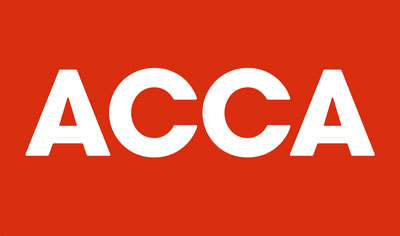ACCA: Accountants and Auditors need specific “Whistleblowing” protection

ACCA welcomes the provisional EU inter-institutional agreement on the protection of trade secrets, but remains concerned about the scope for divergence in implementation by Member States.
ACCA believes that the main goal of the directive on common rules for the protection of trade secrets and confidential information of EU companies – which is to prevent the illegal disclosure of trade secrets, without undermining fundamental rights and freedoms or the public interest – should be praised.
Jason Piper, Senior Manager, Tax and Business Law at ACCA says: ‘ACCA particularly supports the new provision on whistle-blowers. It is important to adequately protect people who are acting in good faith when revealing trade secrets to protect the general public interest. However, we note that according to the compromise text, it will be up to national competent judicial authorities to decide whether the disclosure of a commercial secret was necessary to denounce a misconduct, wrongdoing or illegal activity. We would be concerned about the risk of divergences in national interpretation, which could go against the ultimate aim of strengthening the smooth functioning of the internal market.’
The global accountancy body also recommends that the protection of whistle-blowers should also apply to accountants and auditors carrying out their activities in the public interest and under a legal and ethical obligation.
Jason Piper, explains: ‘We believe that the Directive needs to include a specific exemption from prosecution for individuals carrying out statutory functions or obeying other laws, and also protection for professionals who are bound by a code of conduct. Our members are bound by codes of conduct – namely ACCA’s own and IESBA’s Codes of Ethics and Conduct – to act in the public interest, as well as any statutory provisions under their obligations as auditors, or in complying with the local implementations of the Anti-Money Laundering Directive and similar legislation.’
‘It is vital that the Directive is as clear as possible on the exemption from prosecution for accountants who are acting not only in the public interest, but also under a legal and ethical obligation, in blowing the whistle on corrupt or unlawful practices when they discover them. The Directive must avoid creating any uncertainty relating to the fact that individuals could possibly face sanctions under one Directive for complying with the terms and intentions of another’, Jason Piper concludes.
Source: ACCA


























